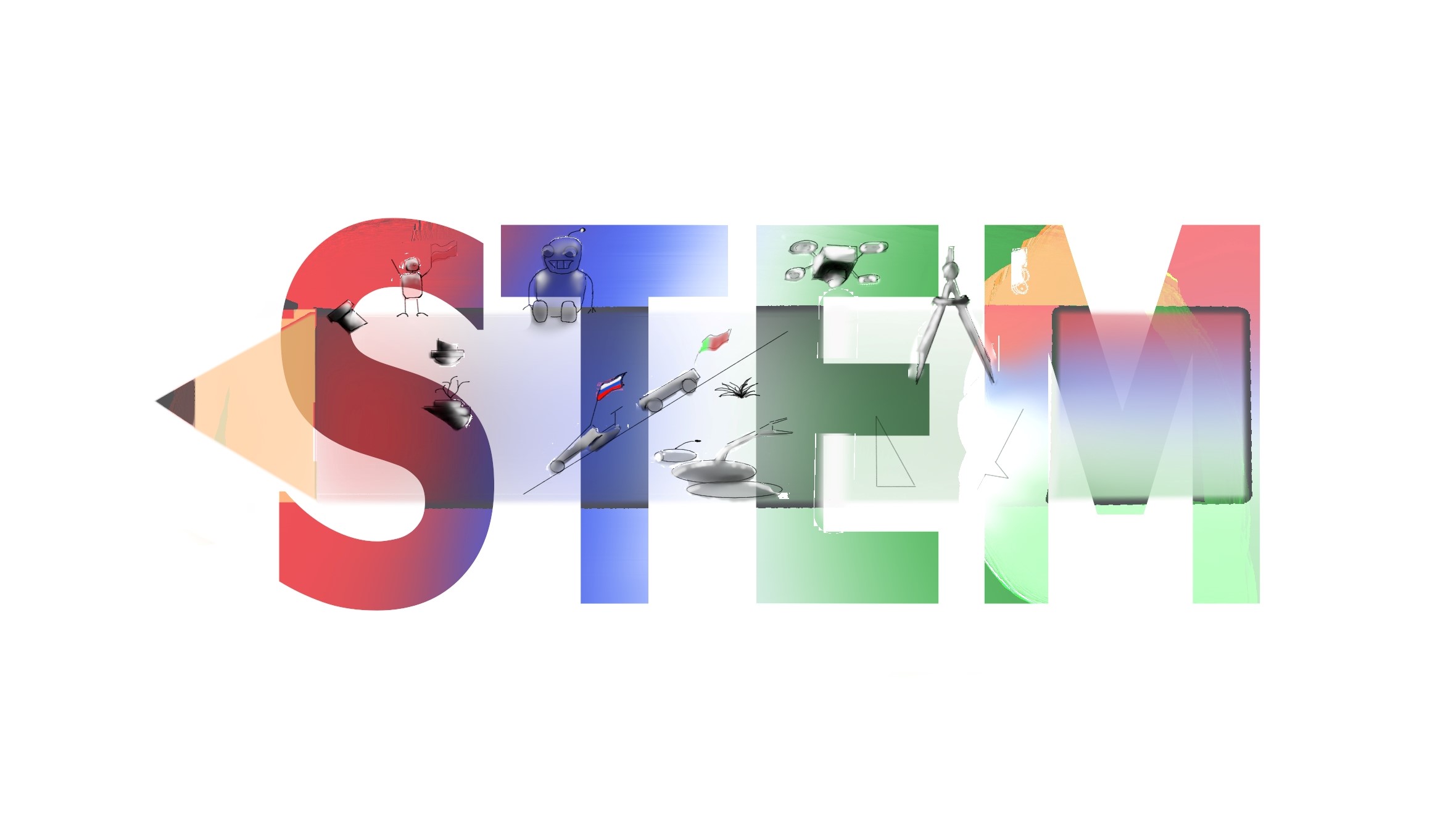This Erasmus+ project is a joint initiative of four organisations – an education centre from Poland and three schools from Estonia, Poland and Portugal. We have teamed up to explore the potential of the Internet of Things (IoT) that provides a unique opportunity to engage students in STEM projects and enhance the school curriculum with motivating, interactive content.
Education Centre EST – Wadowice – Poland
Project coordinator
EST is an educational establishment offering creative learning activities both to young people and adults. Our particular interests lie in digital tech – we provide a workshop space to involve our participants in robotics, app making, 3D design and VR/AR experiences.
The Center for Vocational and Continuing Education No. 2 – Wadowice – Poland
The school offers general education at the high school level as well as a vocational training programme in the areas of electro-electronics, mechanics, mining-metallurgy, building construction and carpentry, supported by apprenticeships and internships – and finding a job after its completion.
Agrupamento de Escolas Dr. Jorge Augusto Correia – Tavira – Portugal
Agrupamento Jorge Correia is a group of schools from pre-primary to secondary education. Secondary education offered by the school covers various courses which include all areas for pursuing studies, professional and vocational courses. Besides the regular classes, many other extracurricular activities fill up school life, addressing various students’ interests in science, art, technology, entrepreneurship and social work.
Valga Gymnasium – Valga – Estonia
A state upper-secondary school with four different fields of study: humanities, science, economics, and national defence. As being a part of UNESCO Associated Schools Project network, and working on the principles of Mondo world school, it offers the students the best choice and perspective for their future in this contemporary fast-changing society. Valga Gymnasium’s core values are inclusion, cooperation, entrepreneurship, innovative learning methods and new opportunities.
Project objectives
The Internet of Things is one of today‘s technologies that rapidly change the world in which we live: Smart Cars, Smart Homes, Smart Cities are redefining our lifestyles. IoT is a particular field in which STEM knowledge is required to solve problems in a holistic fashion, thus providing excellent content for active problem-based learning, e.g., engaging students to design solutions for monitoring climatic conditions in the classroom or waste management system for the school. In such cases students learn a specific topic across a range of disciplines through practical hands-on tasks.
-
- Design a set of experiments with the IoT technology
- Supply each partner team with necessary equipment and tools to run the workshops
- Elaborate experiences from these pilots in the form of case studies that can motivate other teachers to follow
- Disseminate the publication widely to leverage its wider impact
This website has the main purpose to widely disseminate our experiences from the two-year project. On the main page you will find the original learning scenarios developed and tested by us and gathered in a publication entitled “Advancing STEM Education with IoT Experiments”. The publication is available in English, Estonian, Polish and Portuguese.
